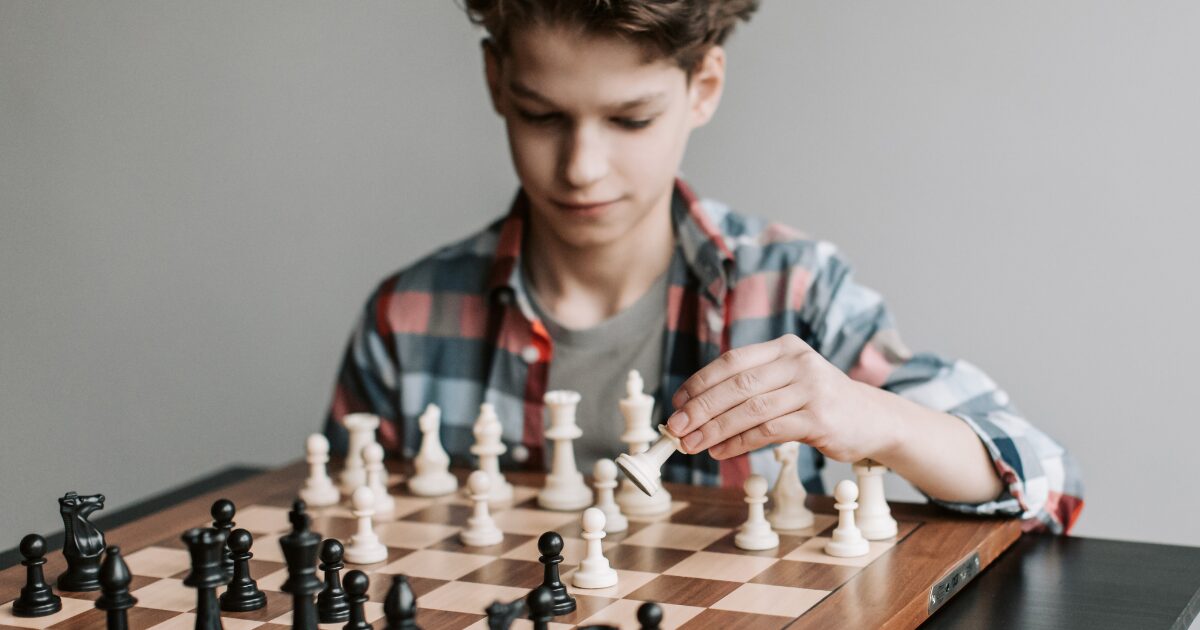Preparing for the PSLE in August 2024 can be challenging for both parents and children, especially when it comes to remembering everything.
To ensure success🧑🎓, focus on long-term memory retention, study strategies for kids, memory improvement techniques, exam preparation tips, effective learning methods, child memory enhancement, retaining information in school, and multisensory learning🤓.
Here’s a concise guide to help your child excel in their PSLE exams with just 2 months left👍
Tip 1: Understand Your Child’s Learning Style for PSLE Preparation, Long-Term Memory Retention, and Effective Study Strategies
Every child has a unique learning style. Identifying whether your child is an auditory, kinesthetic, or visual learner can make a significant difference.
If your child is an auditory learner, incorporate more listening activities into their study routine📅. For instance, while studying for a science exam, your child could listen to a podcast about the human body, participate in a study group where they can discuss the material, or record themselves summarising a chapter and play it back.
Kinesthetic learners thrive with hands-on activities and movement. To help them study, use physical activities and experiments related to the subject matter. They can benefit from using models, doing experiments, or even studying while moving around.
For example, when learning about geometry, your child can use physical objects to understand shapes and angles🔶. They might create shapes using clay or straws and string, or walk around the room to physically map out different geometric concepts.
For visual learners you can use charts, diagrams, flashcards, and videos to help them grasp the material. Encourage them to take detailed notes with colours and images to highlight key points.
For instance, if your child has a history exam, your child could create a timeline of events with pictures and colourful annotations. Watching educational videos or documentaries about historical periods can also be very beneficial.
Tip 2: Implement Effective Study Strategies for Kids in PSLE Preparation 2024 to Enhance Long-Term Memory Retention and Utilise Memory Improvement Techniques
Adopting distributed practice, where studying is spread out over time, is more effective than cramming.
Encourage your child to review material regularly instead of last-minute cramming. Using fun and interactive methods like flashcards, songs, and educational games can make learning more enjoyable and help with long-term memory retention👍.
Instead of cramming for a maths exam the night before, encourage your child to practice distributed practice by reviewing a little each day.
For instance, they can use flashcards to memorise multiplication tables during short study sessions throughout the week.
Additionally, playing educational maths games online that reinforce these concepts in a fun way, such as interactive quizzes or puzzles, can help solidify their understanding and improve long-term memory retention.
Tip 3: Boost Long-Term Memory for PSLE Preparation Using Effective Retention Techniques
Multi-sensory learning is key to enhancing memory retention. Activities that engage different senses help anchor information in your child’s mind🧠.
Using music to learn multiplication tables or writing spelling words in colourful chalk can make the learning process enjoyable and memorable.
For instance, when preparing for the PSLE science exam, your child can create a visual diagram of the water cycle using coloured markers, listen to educational songs that explain each stage of the cycle, and participate in hands-on experiments where they simulate condensation and evaporation using household items like a kettle and ice cubes.
Repetition and associating new information with prior knowledge are effective memory improvement techniques.
Tip 4: Address Memory Challenges for PSLE Preparation with Effective Learning Strategies
Children may struggle with memory due to various reasons such as processing speed, attention issues, or learning disabilities.
Addressing these underlying causes is important for retaining information in school. Create a distraction-free study environment and break down information into manageable chunks to improve focus and retention😊.
When tackling fractions, provide visual aids like fraction strips or diagrams to reinforce understanding.
These strategies not only enhance focus and retention but also build confidence in approaching mathematical concepts effectively during exams. Regular breaks during study sessions can also help maintain your child’s concentration.
Tip 5: Enhance Learning Relevance and Engagement for PSLE Preparation with Effective Study Techniques
Connecting new information to what your child already knows can make it more meaningful and easier to remember.
Relate school topics to real-life experiences, such as visiting a science museum for a science lesson or baking to practice maths skills🧑🔬.
For instance, when learning about fractions in maths, you can bake cookies together and discuss how to measure ingredients accurately.
The hands-on experience not only reinforces mathematical concepts but also makes learning enjoyable and memorable.
This practical application of knowledge aids long-term retention and makes studying more interesting.
Tip 6: Support Emotional Well-being and Seek Professional Help During PSLE Preparation for Optimal Long-Term Memory Retention
It’s important to keep an eye on your child’s emotional health. Frustration from learning difficulties can lead to anxiety or low self-esteem😞.
Encourage a positive learning environment and celebrate small achievements to boost their confidence. If your child continues to struggle despite your efforts, consider seeking help from professionals.
An executive functioning coach, school psychologist, or specialised tutor can provide tailored support and strategies for your child’s needs.
You can also connect with our dedicated mentors, who offer professional guidance to greatly impact your child’s PSLE preparation journey.
In summary, by implementing these strategies and understanding your child’s unique learning style, you can help them retain information for the long-term and achieve success in their exams🥰.
A positive and supportive approach will not only enhance their academic performance but also foster a love for learning, setting them up for lifelong success.
With these tips and a bit of dedication, your child will be well-prepared to tackle the PSLE in August 2024 with confidence and ease. If you found these tips helpful, share this article with other parents who might benefit from it.
Feel free to explore our article that offers insights on naturally enhancing your child’s cognitive skills. Happy studying📖



